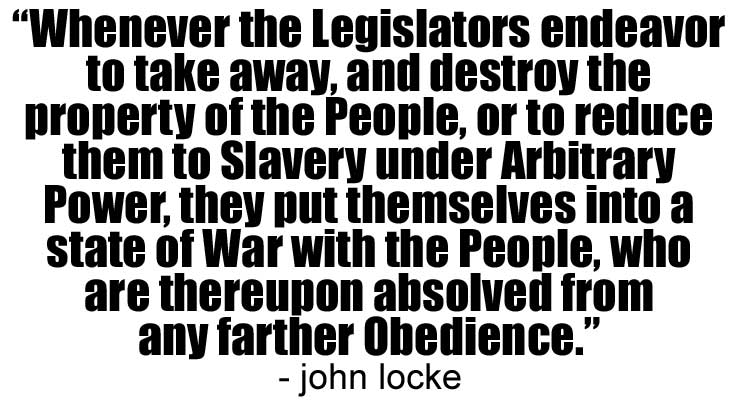
Cuban President Miguel Diaz-Canel has engaged in a nonstop series of public appearances during his first 100 days in office, stopping everywhere across the island nation in an apparent bid to consolidate his leadership position. But the Castro dynasty is still calling practically all the shots.
When Diaz-Canel took office on April 19, some hoped he might move quickly to breathe new life into reforms aimed at modernizing one of the world’s last communist-run countries.
But the 58-year-old handpicked successor of Raul Castro hasdemonstrated limited room for maneuvering in what analysts havecalled a well-orchestrated and only gradual transition from theoctogenarian leaders of Cuba’s 1959 revolution.
Diaz-Canel has appeared daily in meetings broadcast on statetelevision with authorities and in communities across Cuba,playing basketball with school students, hearing the concerns ofpatients at hospitals and inspecting factories to see thechallenges they face.
His outgoing approach is starkly different from Castro’sbehind-the-scenes style, and many Cubans have said they arereminded of Castro’s older brother, Fidel, although the beardedrevolutionary was far more charismatic and unrestrained.
“Every day he is really getting closer to the people,getting to know theirproblems firsthand,” said Lazaro Linares,45, who struggles to get by on the $20 per month he earnsworking for a state administered urban garden in Havana.
In terms of substance and problem solving, however,Diaz-Canel has made good so far on the promise made in hisinaugural address to defer to his 87-year-old predecessor on keyissues.
“Beyond frequent emphasis on the need to combat corruption… it is hard to identify as yet a policy agenda fully hisown,” said Michael Bustamante, an assistant professor of LatinAmerican history at Florida International University.
It is Castro, for example, who is spearheading the revamp ofCuba’s Soviet-era constitution to overhaul its courts andgovernment, and reflect market reforms opening its economy.
Last weekend, when Diaz-Canel announced his new cabinet, heretained two-thirds of the ministers who served under Castro,including those in key posts like defense, trade and foreignrelations.
Earlier this month new regulations defining the scope of thefledgling private sector were released, but the bulk were signedby Castro before he left office.
“More than leading the strategic decisions, Diaz-Canel isacquiring a lot of executive management capability in theday-to-day running of the government,” said Arturo Lopez-Levy, aformer analyst for the Cuban government who now lectures at theUniversity of Texas.
“How long will this situation last? Until Raul Castro and[Jose Ramon] Machado Ventura find it proper,” he said, referringto the Communist Party’s No. 2, an 87-year-old hard-linecommunist ideologue.
According to some, Diaz-Canel will have full leeway toimplement his own policies only when he succeeds Castro in thepowerful position as chief of Cuba’s Communist Party, which isexpected to happen at the party’s next congress in 2021.
“Diaz-Canel will survive the generation of octogenarians whodecided on his promotion, and only then will he be able to showhis true face, hidden now between compromises, fears and theroad map dictated by others,” Yoani Sanchez, a dissident bloggerand director of the online news outlet 14ymedio, told Reuters.
‘More captive than captain’
While it is still early, Diaz-Canel has given fewhints he might push more aggressively for reforms to addressliving standards on the island, Cubans’ main concern.
Cuba’s inefficient state-run economy never fully recoveredfrom the collapse of former benefactor the Soviet Union and nowfaces declining aid from ally Venezuela and lower Cuban exports.
Most Cubans complain they cannot live off the averagemonthly state wage of $30 despite free social services and somesubsidized food and housing.
Castro had initiated reforms to foster the private sectorand foreign direct investment while making state-run companiesmore efficient, but he faced resistance from Communist Partyofficials and bureaucrats afraid of losing power.
Diaz-Canel has tapped new officials to deal with domesticeconomic issues under his leadership, according to AmericanUniversity professor of government and Cuba expert WilliamLeoGrande.
So far, however, he has appeared “more captive thancaptain,” said Richard Feinberg, an expert on Cuba at theBrookings Institution.
To date, the one economic topic Diaz-Canel has highlightedis corruption, but for many this is more a symptom than a causeof Cuba’s economic problems. Cubans often argue, for example,that low wages force them to steal from their workplace to getby.
Diaz-Canel’s only big ideological speech to date came at theannual congress of the union of journalists.
He has long championed a more critical state media and thecautious rollout of internet service in one of the world’s leastconnected societies. But in his speech, he appeared to attackalternative web-based news outlets that have surfaced in recentyears, accusing “new revolutionaries” of trying to subvert therevolution.
Lopez-Levy said that if Diaz-Canel’s speech on the press wasanything to go by, “we should expect more changes provoked byeconomic conditions and pressures, not by a progressive ideologyor the new president’s political support for democratization.”
Leave a Reply